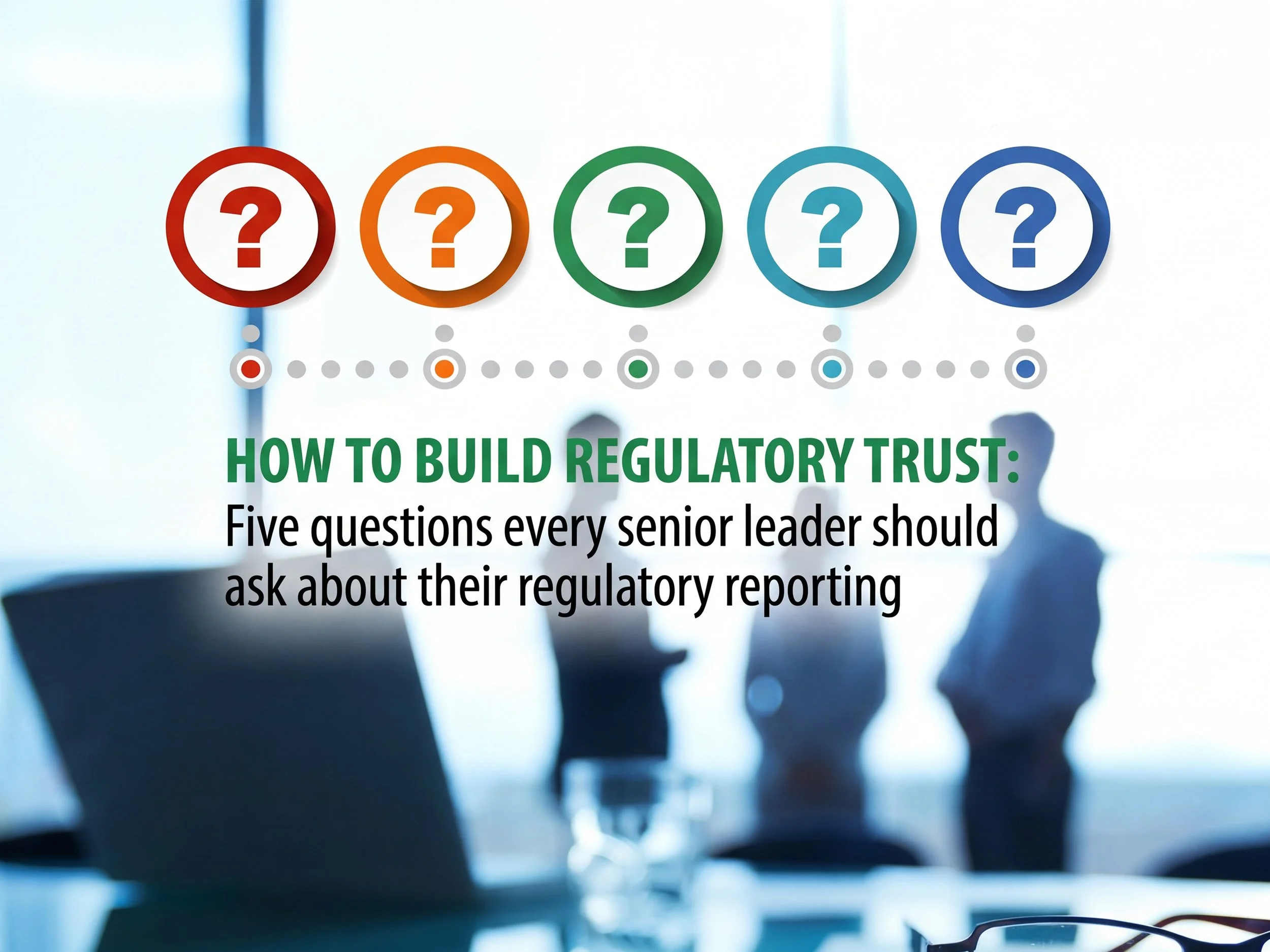CPS 234 Information Security: Governance, Assurance, and Third-Party Control
Understanding CPS 234
CPS 234 sets baseline expectations for information security across APRA-regulated entities. It requires board-level accountability, a risk-based information security capability, documented policy and control frameworks, testing and assurance, rapid incident detection and notification, and robust third-party/outsourcing oversight. CPS 234 applies to all information assets, including those managed by service providers and offshore teams, with obligations to maintain security commensurate with vulnerability and criticality.
Why CPS 234 Matters
Effective CPS 234 execution protects customers, reduces outage and fraud risk, and underpins confidence with regulators and partners. It also dovetails with CPS 230 (operational resilience) and product/conduct obligations that rely on secure, reliable data.
Implications for institutions:
Board ownership and clear roles across the three lines, including delegated authority and challenge.
End-to-end asset coverage (on-prem, cloud, SaaS, data in transit/at rest, backups).
Threat-led controls (identity & access, privileged access, vulnerability management, logging/monitoring, encryption, change and release).
Independent assurance and testing (red/purple team, control effectiveness, scenario exercises).
Incident readiness and reporting (timely detection, response playbooks, regulator/customer communications).
Supplier assurance with enforceable contract clauses, metrics, audit rights and exit/contingency plans.
Key Challenges Facing Firms
Turning policy into measurable, enforced controls across complex, hybrid environments.
Achieving complete asset inventories and data classification, including shadow IT and SaaS sprawl.
Identity and access hardening (MFA, PAM, joiner-mover-leaver) without disrupting delivery.
Log and telemetry gaps that weaken detection, investigation and evidence.
Proving third-party equivalence (supplier controls as strong as yours) with defensible evidence.
Running assurance that matters (test real attack paths, not just control existence).
Aligning CPS 230 resilience obligations (impact tolerances, dependency mapping) with cyber scenarios.
How OCG Can Help
Oceanic Consulting Group (OCG) turns CPS 234 from a checklist into practical, defensible security governance.
Target operating model & RACI for information security, mapped to CPS 234 and CPS 230.
Policy and control libraries (identity, data, vulnerability, monitoring, change) and implementation roadmaps.
Asset & data lineage: inventories, classification, ownership and minimum control baselines.
Threat-led testing & assurance: attack-path reviews, red/purple teaming, control-effectiveness testing, and board-level MI.
Third-party security: contract playbooks, due diligence, attestations, evidence packs and exit/contingency designs.
Incident readiness: IR playbooks, table-tops, communications, and regulator-notification templates.
Metrics & dashboards that surface risk, control performance, incidents and remediation velocity.
FAQs
Does CPS 234 apply to cloud and SaaS?
Yes. You remain accountable for security of information assets wherever they reside. Contracts, evidence and monitoring must prove equivalence of control.
What evidence do boards need?
Decision-useful MI: asset coverage, control maturity, identity hygiene, patch/vulnerability posture, incident metrics, third-party assurance status, and closure rates for findings.
How should CPS 234 align with CPS 230?
Cyber scenarios (ransomware, data exfiltration, supplier outages) should feed impact tolerances, dependency mapping and scenario testing under CPS 230, with shared MI and playbooks.
Strengthen Your Information Security Governance
Work with OCG’s Cyber & Prudential Specialists
Protect customers and critical services with CPS 234-aligned controls, third-party assurance and evidence-rich MI. Contact OCG to design the operating model, harden identity and data, exercise incidents, and give your board clear line of sight over cyber risk and resilience.









